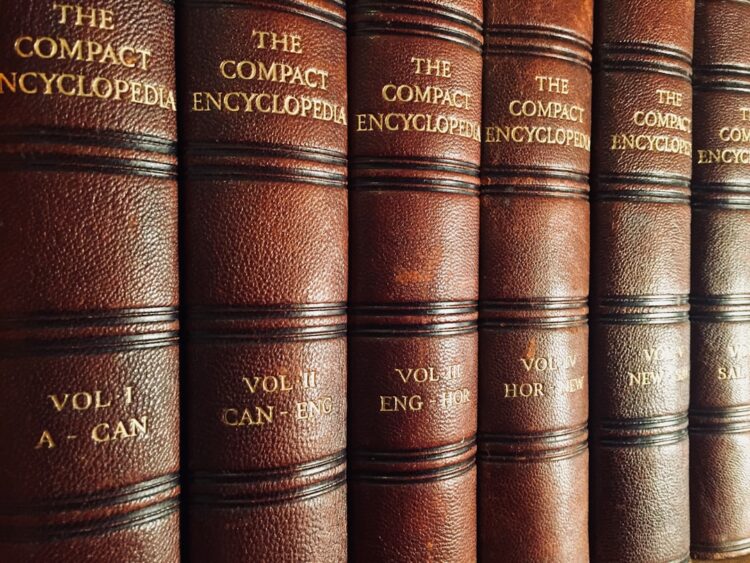Conflicts are inevitable in our daily lives. Whether it be at work, in our relationships, or among friends, disagreements are bound to happen. However, the way we handle and resolve conflicts is what sets us apart. One of the most effective methods of resolving conflicts is through mediation. Mediation is a structured and interactive process where a neutral third party, known as a mediator, helps parties in conflict come to a mutual agreement.
Mediation is a more peaceful and cost-effective alternative to litigation, which can be lengthy, expensive, and often leaves both parties dissatisfied with the outcome. By engaging in mediation, individuals can work together to find a solution that is acceptable to all parties, rather than relying on a judge or jury to make a decision for them. In this blog post, we will discuss some effective ways to resolve conflicts through mediation.
1. Communication: Effective communication is key to resolving conflicts through mediation. Parties must be willing to express their thoughts and feelings openly and honestly. The mediator acts as a facilitator, encouraging each party to listen actively to the other’s perspective. By promoting open communication, parties can better understand each other’s feelings and needs, leading to a more constructive resolution of the conflict.
2. Active listening: In addition to communicating openly, active listening is crucial in mediation. Active listening involves focusing on what the other person is saying without interrupting or judging. By actively listening, parties can show empathy and understanding towards each other, which can help in de-escalating the conflict. The mediator helps guide the conversation and ensures that both parties have the opportunity to speak and be heard.
3. Empathy: Showing empathy towards the other party is essential in mediation. Empathy involves understanding and sharing the feelings of another person. By recognizing and acknowledging the other party’s emotions, parties can build a connection and trust with each other. This can lead to a more collaborative and mutually beneficial resolution of the conflict.
4. Collaboration: Mediation is a collaborative process where parties work together to find a solution that meets the needs of both sides. The mediator helps parties identify common interests and goals, rather than focusing on their differences. By working together towards a common goal, parties can create a win-win solution that benefits everyone involved.
5. Problem-solving: In mediation, parties are encouraged to focus on problem-solving rather than blaming each other. The mediator helps parties identify the underlying issues causing the conflict and brainstorm potential solutions. By approaching the conflict with a problem-solving mindset, parties can work together to find creative and mutually beneficial solutions.
6. Neutrality: One of the key principles of mediation is neutrality. The mediator acts as a neutral third party, not taking sides or making decisions for the parties. By remaining neutral, the mediator can help parties navigate their differences and find a solution that is fair and acceptable to all parties involved.
7. Confidentiality: Confidentiality is another important aspect of mediation. Parties can feel safe and comfortable discussing their issues in a confidential setting, knowing that the information shared will not be disclosed outside of the mediation process. This promotes open and honest communication and encourages parties to work towards a resolution without fear of judgment or repercussions.
8. Flexibility: Mediation allows parties to be flexible in finding a solution that works for both sides. Parties can explore various options and alternatives until they find a resolution that meets their needs. The mediator helps parties consider different perspectives and think outside the box to find a creative and mutually beneficial solution.
9. Agreement: Once parties have reached a resolution through mediation, a formal agreement can be drafted outlining the terms of the agreement. The agreement is a legally binding document that both parties must adhere to, ensuring that the resolution is upheld. The mediator can assist parties in drafting the agreement and ensuring that all parties understand their rights and obligations.
In conclusion, mediation is a powerful tool for resolving conflicts in a peaceful and constructive manner. By promoting effective communication, active listening, empathy, collaboration, problem-solving, neutrality, confidentiality, flexibility, and agreement, parties can work together to find a resolution that is fair and acceptable to everyone involved. Mediation empowers parties to take control of the resolution process and find a solution that meets their needs and interests. By embracing the principles of mediation, parties can navigate conflicts successfully and build stronger relationships based on mutual respect and understanding.












